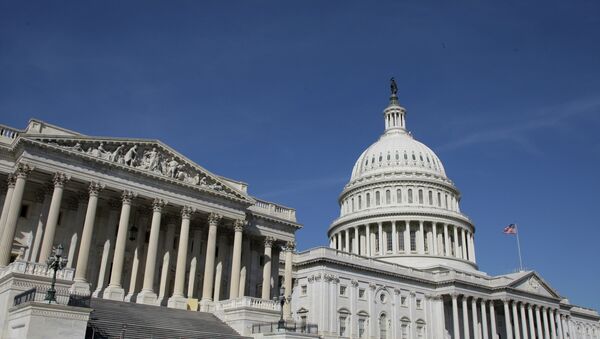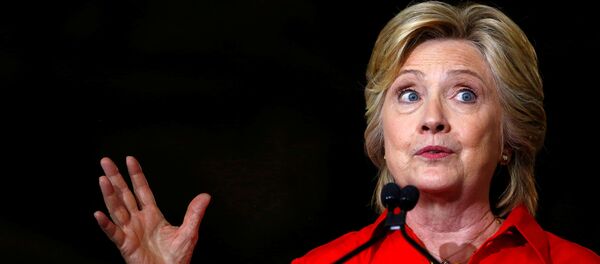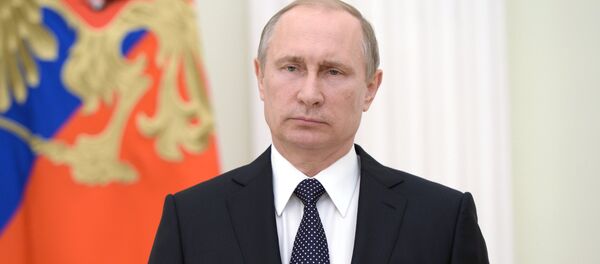The initiative was supposed by Senator Diane Feinstein and some other members of Congress.
However, according to The Washington Post, currently there is no consensus in Congress over the introduction of new sanctions. Some say that the move would undermine the diplomatic progress between Moscow and Washington over Syria.
At the same time, allegations about "Russian hackers" have been one of the main points of the Democrats’ electoral campaign. Hillary Clinton has repeatedly accused Russia-backed hackers of meddling in the election. However, no evidence has been provided.
Nevertheless, US congressmen insist on new sanctions against Russia even if there is no evidence for the allegations.
It is almost impossible to identify the hackers if they are professionals, information security expert Andrey Masalovich said.
"Edward Snowden said that high-profile hackers always provide cover for themselves. When someone tries to find evidence there will be fake traces pointing at a country like China or Korea, but never at hacker’s native country," he told the Russian analytical website Svobodnaya Pressa.
The scandal over "Russian hackers" shows that the Americans have no evidence, he added.
The expert suggested that the reason behind the allegations against Moscow is that the leaked Democrats’ emails may contain information which could provoke domestic and international scandals.
"This is an attempt to hush up the affair and turn public interest away from it. Instead of asking 'how can this be possible in a democratic country,' they try to blame Moscow for everything," Masalovich said.
"In order to keep sanctions, Washington is ready to use any pretext. European countries are now divided over sanctions against Russia. The Americans have to maintain tensions. Otherwise, they will ease and the US will have to lift sanctions," he said.
The US is not interested in finding facts and evidence, said Konstantin Shadrov from the Sholokhov Moscow State University for Humanities.
"It is no surprise that Russia is accused without evidence and facts. […] This is a demonstrational gesture. Even if evidence against 'Russian hackers' is presented in Congress this evidence will not be reliable," he pointed out.





